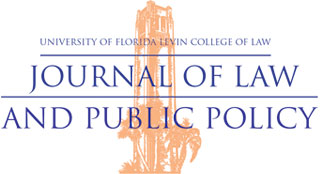
Abstract
California, along with a few other states leaning toward the liberal side of America’s political system, enacted a series of laws banning state-funded or state-sponsored travel to other states identifying more as conservative. While other states enacted these mandates through gubernatorial executive orders, California legislated its ban. Multiple states have attempted Supreme Court challenges to California’s law under the Court’s Article III original jurisdiction. Yet, the Court twice declined the opportunity to hear the issue. Justice Thomas and Justice Alito wrote extensive dissents against the majority’s rejection, arguing that the Court must exercise its jurisdiction in controversies between the states. This Article analyzes the Court’s history of original jurisdiction cases and seeks to answer why the Court likely did not address the constitutionality of California’s laws. Further, this Article analyzes whether California’s statute is unconstitutional under Article I of the U.S. Constitution and the Dormant Commerce Clause. Finally, this Article concludes with an analysis of possible likely outcomes of California’s laws and other states’ reactions.
Recommended Citation
Cantley, Beckett and Dietrich, Geoffrey
(2022)
"Civil War II: The Consitutionality of California's Travel Bans,"
University of Florida Journal of Law & Public Policy: Vol. 32:
Iss.
3, Article 2.
Available at:
https://scholarship.law.ufl.edu/jlpp/vol32/iss3/2